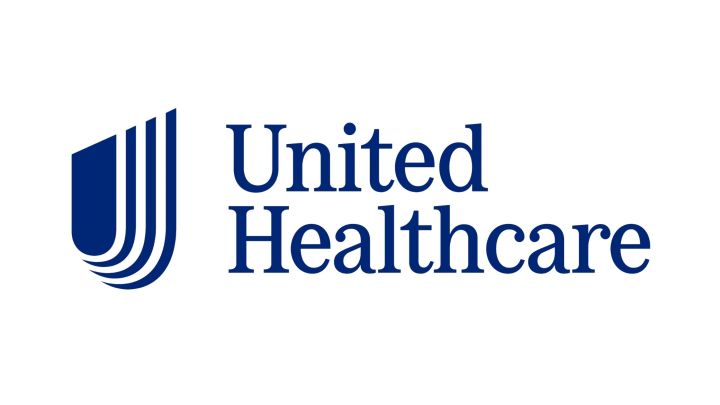
If you’ve been following the news in the last few days, you may have heard about the fatal shooting of UnitedHealthcare’s CEO, Brian Thompson, on Wednesday. I first came across this news due to some tweets that were mocking the police’s efforts to find the shooter, among a clear lack of empathy for Thompson’s death. When I looked into it more, I discovered that UnitedHealthcare is one of America’s largest insurance providers, and one of its wildly successful businesses. In fact, the company reported $281 billion in revenue last year! The lack of sympathy from the public suddenly made sense. I kept digging, unearthing tragic story after story about valid claims for medical treatments that were delayed or denied outright, causing many to lose family members or fear for their own lives while UnitedHealthcare just kept making profit.
We’ve talked a fair bit in our class about the ethics of business and of capitalism’s incessant and problematic hunger for more capital. From a business point of view, UnitedHealthcare is a fantastic corporation that continues to profit and grow. But as this shooting and the online fallout clearly demonstrate, there is only so much commercialization of basic human rights people can take. The privitization of healthcare has been an enormous problem in America for a long time, and while Thompson’s death is unfortunate, it will hopefully spark discussion and change among insurance company operations. One company has already rolled back its awful plan to cap claims for general anesthesia, which is one (half) step in the right direction.


Thanks for the interesting article and discussion Jade.
Healthcare profiteering just seems wrong, doesn’t it? It certainly makes sense to incorporate (see what I did there with my pun?) more government regulation and oversight. I did a quick google search and the profit made were 22 billion dollars in 2023. (https://www.forbes.com/sites/brucejapsen/2024/01/12/unitedhealth-group-profits-hit-23-billion-in-2023/) I guess the argument then becomes what is a reasonable profit?
Hi Jade, thanks for sharing this! I think this speaks to how at the end of the day, corporations are only what they are because of the people and “directing minds” behind the corporation. I think that as corporations become more profitable and when people’s livelihoods are at stake, more drastic measure will be taken. Thanks again Jade for the interesting post!
Thanks for the link, Doris. 22 billion seems way too high to me! Thompson’s take home pay from 2023 was 10 million as well…
Thanks for this, Jade! I find the public reaction to this death to be curiously similar to the reaction when the Queen died… so interesting, and a good hook for the popular argument that corporations are the new empires.
Wow, thanks for sharing this, Jade!
I took to X (formerly twitter) to gain a better sense of public reaction. It seems the general public would agree with the notion we’ve visited throughout the course that corporations are ‘psychopaths’ on a never-ending search for profit, for better or worse.
This has brought me to reflect on the broader theme of corporate liability, as we’ve discussed. From online discourse, it seems that many are of the opinion generally that holding an individual actor/director to account through personal liability may be more impactful than finding a corporation, as a corporate ‘person’, liable for wrongdoings. Perhaps when individuals face consequences for corporate actions (for example, in tort), there may be an elevated ‘personal’/‘moral’ cost that comes with the personal encounter with the adversarial justice system. However, as you mentioned, from a corporate and legal standpoint, UnitedHealthcare is a greatly successful organization. Interesting post!
Thanks for sharing, Jade! Funnily enough, I just came across an interview on the renowned Facebook page “Humans of New York” where someone explained their perspective on the incident.
The interviewee said: “It’s hard for me to feel sad that the CEO was killed. I’m in social work. So many of the people I see who are homeless have similar stories: they got a debilitating illness, which caused them to go bankrupt, or get addicted to drugs. Meanwhile these health insurance companies are profiting from people not getting the care they need. Millions of people suffer from that behavior. Where is the justice for those people? Maybe violence is never the answer. But this isn’t a question of morality to me. It’s a cause-and-effect thing. This is what happens when people aren’t being heard. The system isn’t working. This is where the government was supposed to step in, but it didn’t. And millions of people were left with nowhere to turn. I’m uncomfortable that violence was used. But also, it’s nice to finally have some pushback.”
I think she pointed out some important issues in the insurance industry, and she echoed the sentiment you made about how “there is only so much commercialization of basic human rights people can take.” While these enormous health insurance companies are making billions of profits a year, they do so at the expense of people in need. I suppose that’s another piece of evidence showing that Joel Bakan’s characterization of corporations as “psychopaths” may not be so far off.